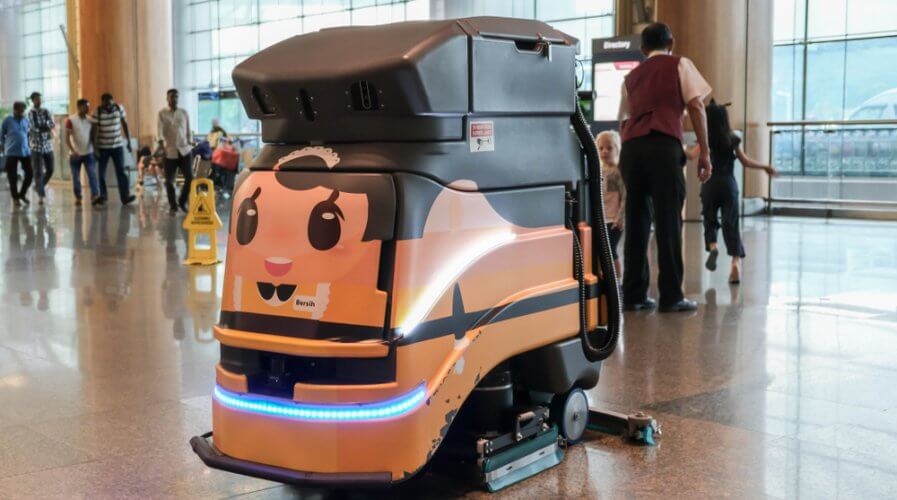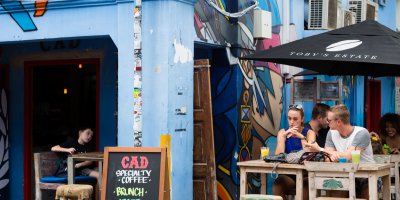
Singapore trials facial recognition technology at hotels in the city,. Source: Shutterstock
Singapore Tourism Board trials facial recognition technology in hotels
ASIA HAS fallen in love with the convenience and security that facial recognition technology offers. Although still relatively in nascent stages, the technology is being used in a variety of use cases and applications across the region.
In China and parts of Southeast Asia, facial recognition is being deployed to transform the payments industry.
Singapore, being the hotbed of innovation that it is, has announced a slew of new innovations targeted towards the hospitality industry — through a new industry digital plan — along with facial recognition technology.
The Singapore Tourism Board (STB) and the Singapore Hotel Association (SHA) have come up with a new initiative they call the E-Visitor Authentication System (EVA).
With the help of EVA, participating hotels in the country can enable faster verification of guests’ stay validity and facilitate a seamless check-in experience for guests.
According to the stakeholders, EVA will use facial recognition technology to authenticate their guests’ identities. Guest data will be sent to the Immigration & Checkpoints Authority (ICA) to verify the validity of their stay.
By eliminating the process of performing manual checks on travel documents, the government bodies involved believe that check-in time will be reduced by up to 70 percent.
Further, the new arrangement is expected to help hotel front office staff use the time saved to interact with guests and share customized recommendations on Singapore’s offerings and experiences.
With the increased face-to-face engagement, hotel staff will be able to connect meaningfully with guests and in turn, improve guest satisfaction levels.
The Grand Park City Hall, which is one of the hotels participating in the trial, has implemented EVA and integrated it into the check-in process for guests.
“The duration to check-in to the hotel using facial recognition has reduced significantly from five minutes to approximately one minute, as a result of this new system,” said Grand Park City Hall General Manager John Kockan.
As a result of the new industry digital plan, hotels across Singapore will be encouraged to adopt new and exciting technology solutions, including facial recognition.
Being a first-adopter and pioneer of technology in the region, failing to drive transformations in its hospitality industry could not only impact tourism but also the image of the country — and government agencies understand that.
In the coming months, a lot of Singapore’s hotels are expected to use new and interesting solutions to revolutionize the guest experience offered to tourists and business travelers.
READ MORE
- Strategies for Democratizing GenAI
- The criticality of endpoint management in cybersecurity and operations
- Ethical AI: The renewed importance of safeguarding data and customer privacy in Generative AI applications
- How Japan balances AI-driven opportunities with cybersecurity needs
- Deploying SASE: Benchmarking your approach


